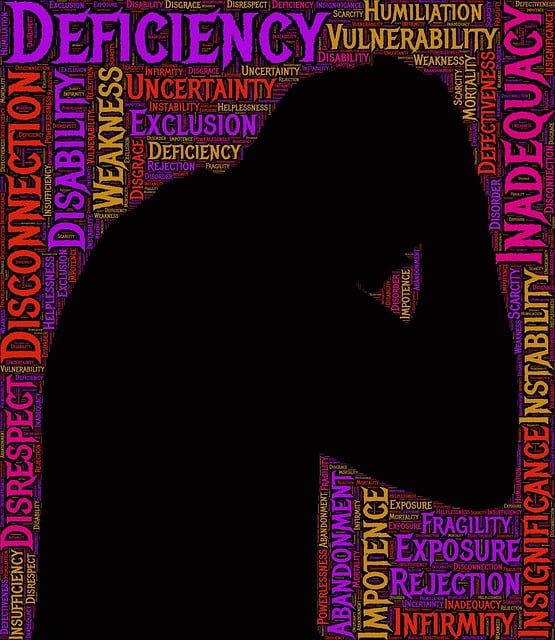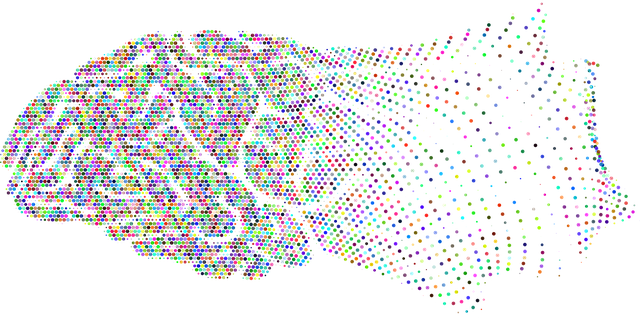Englewood Anger Management Therapy is a community-driven program using educational workshops, group discussions, and counseling to address anger, violence, and underlying mental health issues. Through cultural competency, partnerships with local organizations, and peer support, it fosters resilience, reduces stigma, and promotes well-being in at-risk youth, families, and individuals facing societal barriers. Evaluating success beyond immediate outcomes, with metrics for crime reduction, community safety, and altered perceptions of mental illness, ensures the program's inclusivity, effectiveness, and sustainability.
Engageville Anger Management Therapy (EAMT) is a community initiative that empowers residents through targeted outreach programs. This article explores effective strategies for implementing and evaluating EAMT’s success. We delve into the heart of community engagement, offering insights on how such initiatives can transform lives. By understanding the needs of Englewood, we uncover best practices for reaching and supporting at-risk individuals. Join us as we navigate the impact and potential of community outreach programs.
- Understanding Englewood Anger Management Therapy: A Community Initiative
- Strategies for Effective Outreach and Engagement
- Measuring Success: Evaluating the Impact of Community Outreach Programs
Understanding Englewood Anger Management Therapy: A Community Initiative

Englewood Anger Management Therapy is a pioneering community initiative aimed at addressing the root causes of anger and violence within the local area. This program recognizes that many issues stem from unaddressed mental illness, which often leads to destructive behaviors. By focusing on anger management, they aim to mitigate these problems and foster a sense of calm and resilience among participants. The therapy sessions are designed as a safe space where individuals can learn healthy coping mechanisms, stress management techniques, and emotional regulation skills, all while navigating the complexities of mental illness stigma reduction efforts.
This community outreach program implementation goes beyond traditional therapy models by incorporating educational workshops, group discussions, and one-on-one counseling sessions. It targets at-risk youth, families, and individuals who may not typically seek help for their mental wellness issues due to societal barriers or personal fears. Through these comprehensive strategies, Englewood Anger Management Therapy strives to create lasting positive change, breaking down barriers and promoting a healthier, more harmonious community environment.
Strategies for Effective Outreach and Engagement

Community outreach programs focused on mental health initiatives, such as Englewood Anger Management Therapy, should employ diverse strategies to ensure effective engagement. One key approach is to tailor programs to the specific cultural and social needs of the community. This involves conducting thorough research to understand local dynamics and barriers to accessing support. By incorporating culturally sensitive practices, organizers can foster trust and encourage participation. For instance, offering services in multiple languages or adapting therapeutic techniques to reflect community values enhances accessibility.
Additionally, building partnerships with existing community organizations, schools, and faith groups can amplify the reach and impact of these programs. Collaborative efforts enable shared resources and expertise, allowing for more comprehensive coverage. Encouraging peer-to-peer support and creating safe spaces for open dialogue facilitate self-care routine development and anxiety relief. Moreover, healthcare provider cultural competency training is vital to ensuring that services are inclusive and responsive to the diverse needs within communities.
Measuring Success: Evaluating the Impact of Community Outreach Programs

Evaluating the impact of community outreach programs is crucial to understanding their long-term success and identifying areas for improvement. Measuring success goes beyond mere attendance or short-term behavioral changes; it involves assessing the broader societal implications and lasting effects on individuals’ lives. For instance, Englewood Anger Management Therapy initiatives can gauge success by tracking reductions in crime rates, improvements in community safety, and shifts in public perception regarding mental illness.
Incorporating metrics for Mental Illness Stigma Reduction Efforts, Cultural Sensitivity in Mental Healthcare Practice, and Risk Management Planning for Mental Health Professionals ensures that outreach programs not only connect with diverse communities but also foster inclusive environments. By examining these aspects, organizations can ensure their initiatives resonate deeply, offering sustainable solutions that empower individuals to navigate mental health challenges effectively.
The implementation of community outreach programs, as seen through the lens of Englewood Anger Management Therapy, offers a promising approach to addressing societal issues. By employing effective strategies that engage and involve at-risk communities, these initiatives can significantly impact positive change. Measuring success through evaluation ensures the sustainability and growth of such programs, ultimately fostering healthier, more resilient communities.














